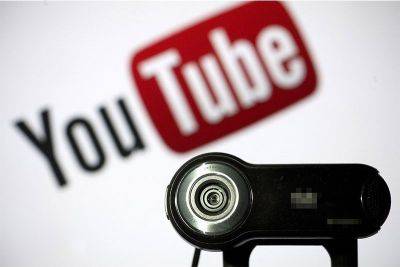No stopping South Korea’s cultural invasion of the North
SEOUL – More than seven decades after an armistice that “ended” the Korean War in July 1953, South Korea appears to be on the offensive – but of the benign kind – against the North.
As South Koreans continue to hope for unification with their unpredictable neighbor and always watchful of their intentions, K-pop, K-dramas and movies are rapidly penetrating homes in the north, providing entertainment and information and unsettling Pyongyang.
A report on North Korea’s economy and society as perceived by 6,351 defectors released by the Ministry of Unification, shows a slow but steady increase in the number of North Koreans getting access to the outside world.
The study, shared with The STAR and other media organizations invited by Seoul, indicates how music, television, movies and other non-traditional sources of information are starting to affect the hearts and minds of people in North Korea.
Jeong Eun Chan, a professor at the Ministry of Unification, noted that 36.4 percent of households in North Korea now have mobile phones as compared to only 2.8 percent before 2011.
From 2012 to present, compact disc and digital video disc player ownership in the North also rose from 26.6 percent to 73.6 percent.
Ownership of computers, MP3 players, and Landline telephone lines for the past 14 years has also increased from 1.8 percent to 19.6 percent, 5.6 percent to 30.8 percent, and 7.7 percent to 39.9 percent, respectively.
Jeong said 6,351 defectors interviewed said 83.3 percent of them watched foreign video content and that overall interest in the outside world has reached 67 percent from 2016 to 2020. Those who showed interest in foreign videos made up 73.1 percent for the same period.
Interestingly, she said the Korean Wave is slowly but continuously reaching and influencing North Koreans through technology, including through social media despite restrictions by North Korean leader Kim Jong Un.
Jeong revealed South Korean culture started reaching North Korea as early as the 1980 with music, drama series in the mid-1990s, and Korean drama, K-pop, and movies in the early 2000s.
In those days, she said such materials got to North Korea discreetly in CD formats. Nowadays,







